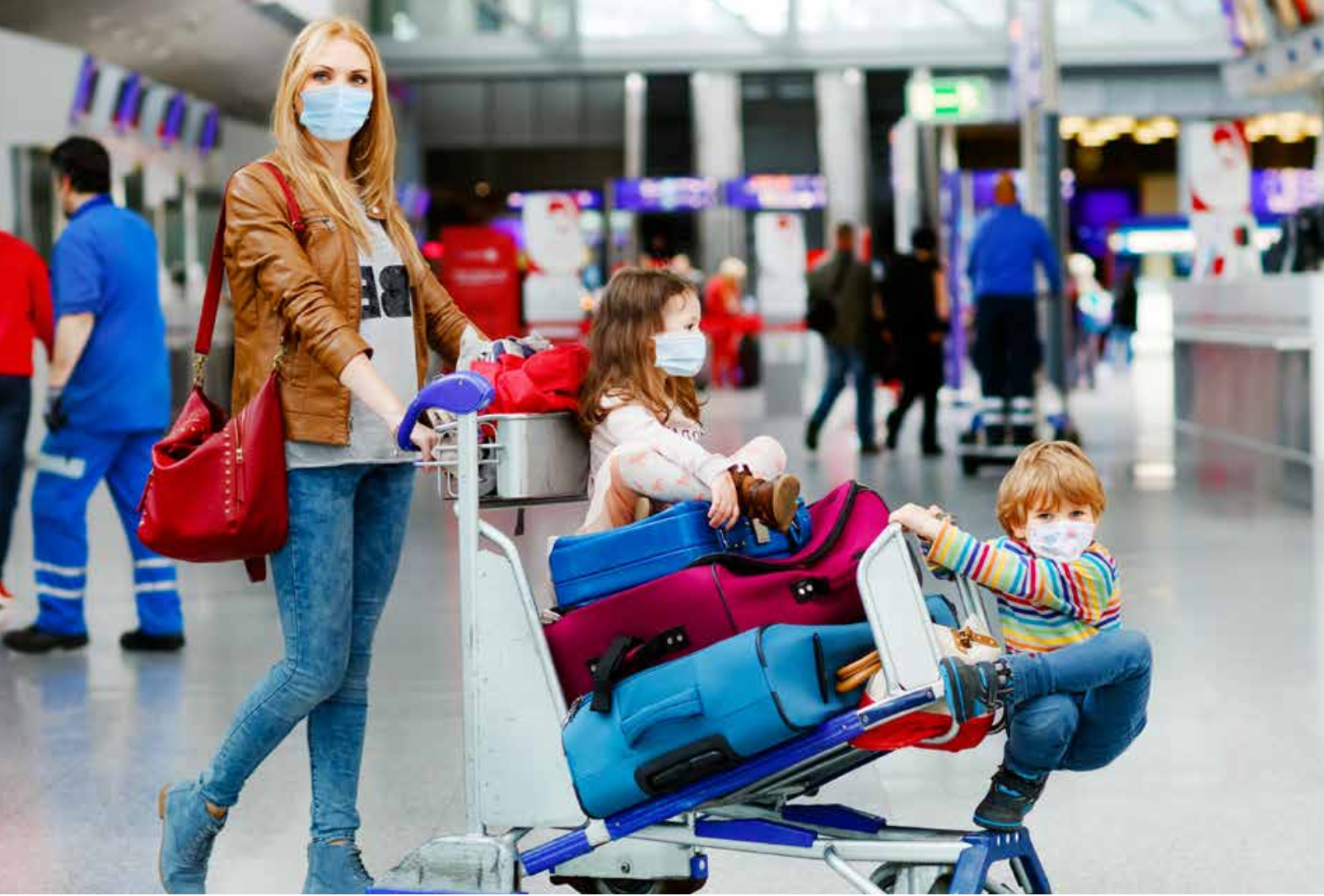Brave Hearts!
One family’s journey to the Zipper Club!
BY KRISTA GIOVARA
It was February 2005 and I had just given birth to my third child when I read the words, “your child has a 10% chance of living past the age of 10.” I barely remember anything else. We were
still in the hospital when the doctors diagnosed him with a rare congenital heart condition primarily found in Down’s Syndrome children. Not only did he have what’s called an atrioventricular septal defect (AVSD) he had several other holes and a cleft in the mitral valve. They said he’d need open heart surgery in the next year.
That first year was a scary time and the waiting was the worst. I was pregnant with my fourth child and constantly worried about the surgery. By the time his surgery was scheduled I was a wreck. It’s an understatement to say the buildup was far worse than the surgery itself.
After the surgery, Kellen recovered so quickly he was kicked out of the NICU for being too loud and happy and we slept in a hallway so that he wouldn’t disturb the critical patients. It was shocking how well he did. The only downside was that they couldn’t fix everything and he’d need a second surgery at some point but luckily it didn’t need to be right away.
In the meantime, I’d been getting tired often, having trouble breathing in altitude and minor chest pains. I chalked it up to age. It wasn’t until I couldn’t breathe walking up our stairs that my husband forced me to see a doctor. Thankfully, I listened.
The short version is that I was diagnosed with the beginning of pulmonary hypertension (PH) which occurs when your heart muscle struggles to pump blood around your body and it can be fatal. The doctor I saw at Stanford told me that if they could find a cause for the PH and fix that they might be able to stop the Pulmonary Hypertension. I was terrified.
After months of multiple and bizarre tests (one included riding a bicycle upside down) the doctors found the issue(s). Like my son, I had pediatric congenital defects which meant that I’d been born with heart issues. Imagine my shock when they said I’d need open-heart surgery. They told me that heart problems are common in women causing 1 in every 5 female deaths. My two issues were unrelated to my son’s. The first was a PAPVR or partial anomalous pulmonary venous return which meant that pulmonary veins were connecting to the right atrium rather than the left atrium causing my pulmonary issues. The other, a myocardial bridge, while less serious, caused chest pains because one of the coronary arteries was going through the heart muscle instead of lying on its surface.
Around that time, we were told Kellen needed a second surgery. So, here I was gearing up for mine knowing he was soon after. One positive was that because my heart issues were congenital, I had my surgery at Children’s Hospital with the same doctor who performed my son’s first (and later second) surgery. Knowing Kellen had already done this once and would again, helped me put on a good front. It also helped get me through the months it took to recover both physically and emotionally.
Before we knew it, it was time for Kellen’s surgery. He handled it far better than I did and once again, we were in awe over how tough and positive he was. In fact, against doctor’s orders he demanded to go to school only a week and a half after the surgery and without telling us, he walked from Crocker to Burlingame Avenue with his friends. Knowing that I could barely walk a block weeks after my surgery, I was shocked. There was no looking back after he insisted on walking home as well.
A few years ago, I was honored to be the guest speaker at the Silicon Valley Go Red for Women’s annual luncheon. Having learned that cardiovascular disease is the number one killer for women, I jumped at the chance to share my story. Go Red For Women raises money and awareness to help educate and fight cardiovascular disease. Having gone through what I did and knowing I wasn’t diagnosed until I was an adult, I realize the importance of educating others.
Today it all seems like a distant memory. You’d never guess either my son or I have had any health issues. He’s played every sport without restriction, including high school football. Now in college, he’s living life to the fullest. I haven’t had a single issue since my surgery, but my son might require one more procedure.
However, knowing how strong he is, I’m not as worried. I’ve learned a lot on this journey but the three things I wish I could share with everyone is first, that all of us, especially women need to take better care of ourselves. Second, don’t wait for your husband or someone else to make you go to the doctor, listen to your body and use the incredible healthcare we have in the Bay Area. And finally, if you ever end up in the ICU, try to be the one who gets kicked out first for being too happy.




















